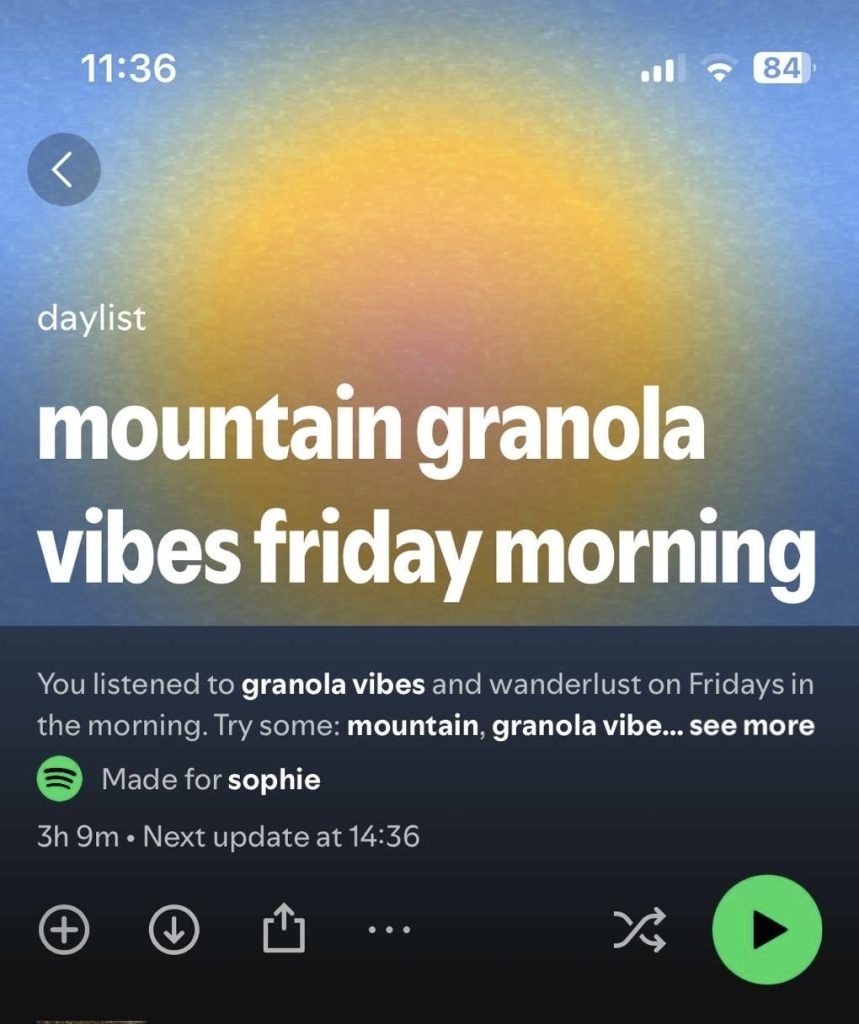6th November 2023
Listen
Listen

A few weeks ago, I went to the Picturehouse cinema at Fact in town to watch ‘A Complete Unknown’, starring Timothee Chalamet as Bob Dylan. As a not-overly enthused listener of Dylan’s work before (I’ve liked a song or two here or there), I was ready to have my mind changed. And that it was. Chalamet’s performance was incredible, and the main feeling I left with was ‘Why have I not listened to Dylan’s music this much before?’
My main issue with him before was that I found his voice difficult to listen to, even grating on some tracks. I then fell victim to a mistake I think many people make; casting judgement on an artist without actually giving their work the time of day. I was happy existing as a passive Bob Dylan disliker. As a fairly active enjoyer of folk and art rock music, particularly that made during the 1960’s and 70’s when Dylan was active, I never really knew why I couldn’t get on board with his work.
Aspects of Dylan’s music: his raw vocal style, his acoustic folk roots and sparse usage of instrumentation (on early records) were unlike much of the music I listened to. Watching the film helped me understand his style, something that just listening to the music didn’t grant me.
I’m lucky enough to be able to use Spotify daily for my music needs. Music streaming services like these give their members the great privilege to be able to stream music from around 9 million different artists, going back hundreds of years. While this does give its users the chance to listen to almost any music ever recorded, few would be tempted to fully explore such a vastness. Music ranging from almost every style or genre known to man is housed under these platforms, yet we often seem to revert back to past favourites. Why?
One idea that could answer this is the effect of exposure. Increased exposure to certain styles of music, as with anything, is likely to also increase your enjoyment of it. After all, why wouldn’t you listen to what you know you like? The effect of algorithms is surely something that increases the likelihood of staying in known territory, so to speak. The algorithms used by apps like Spotify purposefully recommend you content of which you have previously shown interest in, in order to keep you coming back and interacting with their app.
While features like Spotify’s ‘Daylist’ or ‘Discover Weekly’ appear to combat this by recommending you music you may not have heard, much of it remains rooted in the genres that the app has seen you have interacted with. Someone who listens to a lot of rock music will continually be recommended rock music, and so on for every genre. If we then consider the effect of exposure, chances are what you hear will be what you see, and vice versa. Pair this with the fact that the ‘Daylist’ feature attempts to grab your attention with particular trending yet empty verbs or adjectives like ‘yearning’, ‘manifesting’ and ‘whimsical’, it all starts to feel a little cash-grabby.

The effect this unfortunately has is that it can lead to echo chambers of taste and opinion. When this happens, the risk becomes that any new music you might listen to is seen through the lens of what you already enjoy, so anything that doesn’t identify with this may not be enjoyed. People are becoming pigeonholed on a mass scale by corporations looking simply to make a financial profit from their audience.
Unfortunately, this doesn’t just affect you, it’s having defined impacts on the music industry as a whole. As many people have observed, the music that is topping the charts worldwide currently often shares many similar features; a consistent 4/4 time signature and prominent, short ‘hooks’, often through vocal or guitar lines, along with a standardised verse-chorus structure are just a few of these features.
Features like this are seemingly becoming more and more accentuated in the most popular music, and it’s not done accidentally. With social media services like TikTok and Instagram all becoming a place for artists to share their music with millions, having a key ‘moment’ or ‘hook’ in your song is what will make it get played more and more. A short, 10-second snippet is enough to get people’s attention before they scroll on. And if more people are able to hear it, the trend suggests that more people will enjoy it.
It shouldn’t be said that this is a new phenomenon – as previously mentioned, the 4/4 time signature of pop music has been a mainstay for decades, with the kick-snare pattern of the drums being dubbed ‘the moneymaker’ due to its relative success within the industry. And music marketing has been around for long enough too. The difference now is the scale on which it can be done – millions can be reached in an instant, faster than ever.
Well, the worry is that if artists feel that each of their tracks has to have a certain single quality to it, that is to say that it must have a defining moment that will get it played on these apps, there becomes less space for creativity in music. While these apps can propel people to overnight stardom, they also force more and more artists into conforming to what works, rather than taking a chance on music that may bear more creative expression but may not yield results. Music is becoming ever more a commercial opportunity rather than a form of expression. And in such an instant world where the listener can turn off music they don’t like with just a tap of a button and return to their favourites, why wouldn’t you?
I’m not suggesting that everyone should ditch Spotify just like that (I’m not sure I could), but it’s always worth having a second thought before saying that ‘so and so artist/genre is rubbish’, because chances are, there’s something there for you.
To read more opinion pieces, click here!
To find out more about Student Media, follow our Instagram